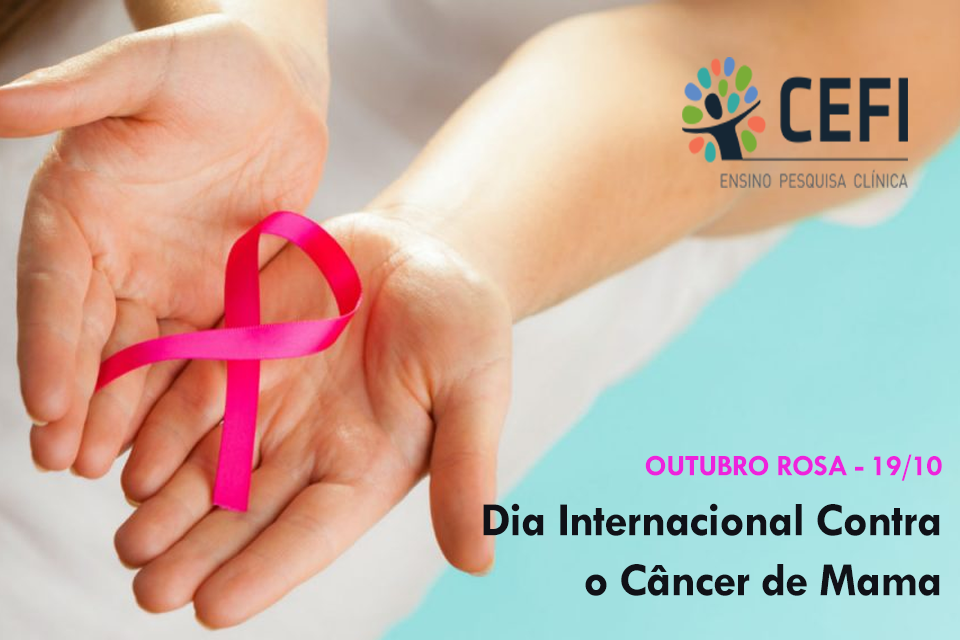October Rose - This Experience Can Be Transforming too

October Rosa is a worldwide campaign designed to alert women and the population about the need for prevention and early diagnosis of breast cancer, which kills both men and women.
This The campaign began in the United States in 1991, when the Susan G. Komen Foundation for the Cure, today the largest breast cancer organization in the world, launched pink ties to participants in the first race for the cure. Cure), held in New York. The pink bow became the symbol of this movement. From then on, various types of actions began to appear, such as races, fashion shows, with survivors and lighting of public places and monuments in pink. Today, the Pink October is held in several countries.
In Brazil, the first known initiative was the illumination, in pink, of the Mausoleum of the Constitutionalist Soldier (Ibirapuera Obelisk) in São Paulo, since October 2, 2002. Since then, initiatives have multiplied across the country in various types of actions, and we can see numerous monuments and pink-lit buildings throughout the month of October.
However, It should be warned, according to the advice of medical specialists, that breast self-examination, widely publicized in prevention campaigns, is not sufficient for the early diagnosis of the disease. Mammography is indispensable for the detection of early lesions.
At this point, we face a cruel reality that most low-income women who need the test do not have access to it through Unified Health System (SUS), because the existing mammographs in the country are inadequately and unequally distributed among the municipalities. Most concentrated in the capitals, which makes it difficult for the majority of the population to access them, as well as numerous problems in maintaining them, greatly impairing early screening and diagnosis. What is observed is that both the incidence of the disease and mortality has been growing in the country, which has 57,960 new cases per year, according to INCA (National Cancer Institute) in 2016.
For women receiving such Diagnosis, we identified the need for much support to deal with the consequences of this disease, which promote significant losses in different spheres of your life, such as self-esteem, the possibility of having mutilations, changes in interpersonal relationships, among others. This experience can also be transformative, providing change and in this perspective, psychological support is fundamental for the passage through this difficult time.
Given these data, we have the realization that we have a huge struggle ahead, which passes empowering women with regard not only to knowledge and caring for their bodies, their mental health, as well as their role as citizens who fight for their rights. Much remains to be done and achieved.
Maria Luiza Pradella Ramos - PRC 07/02656
Angela Pratini Seger - CRP 07/03834

